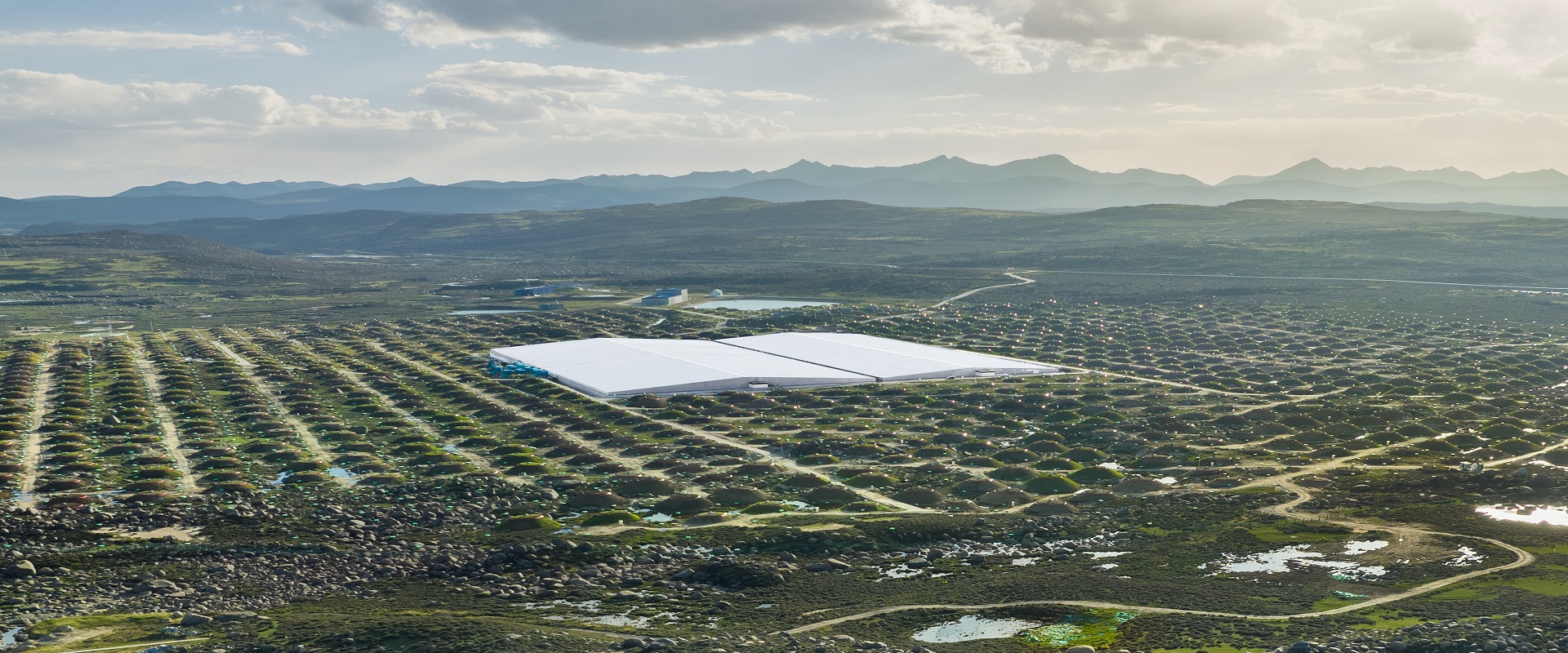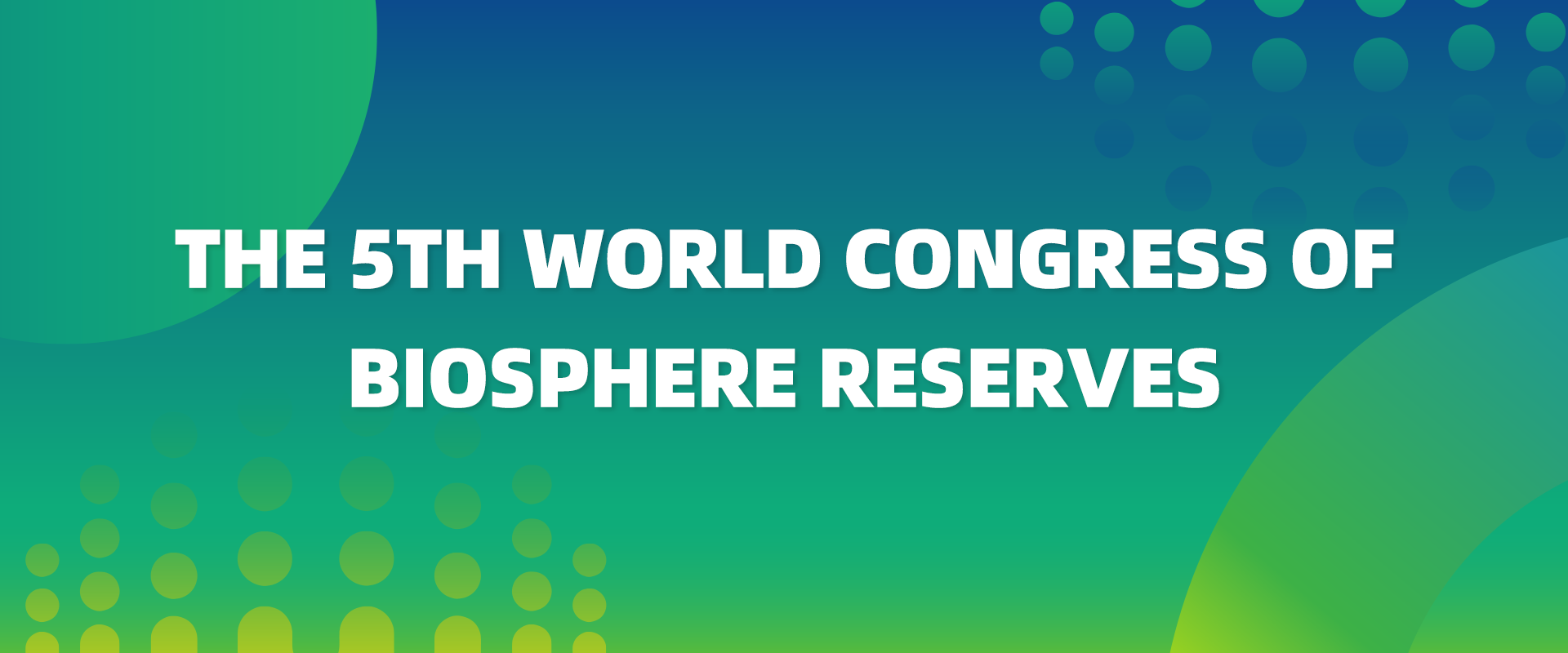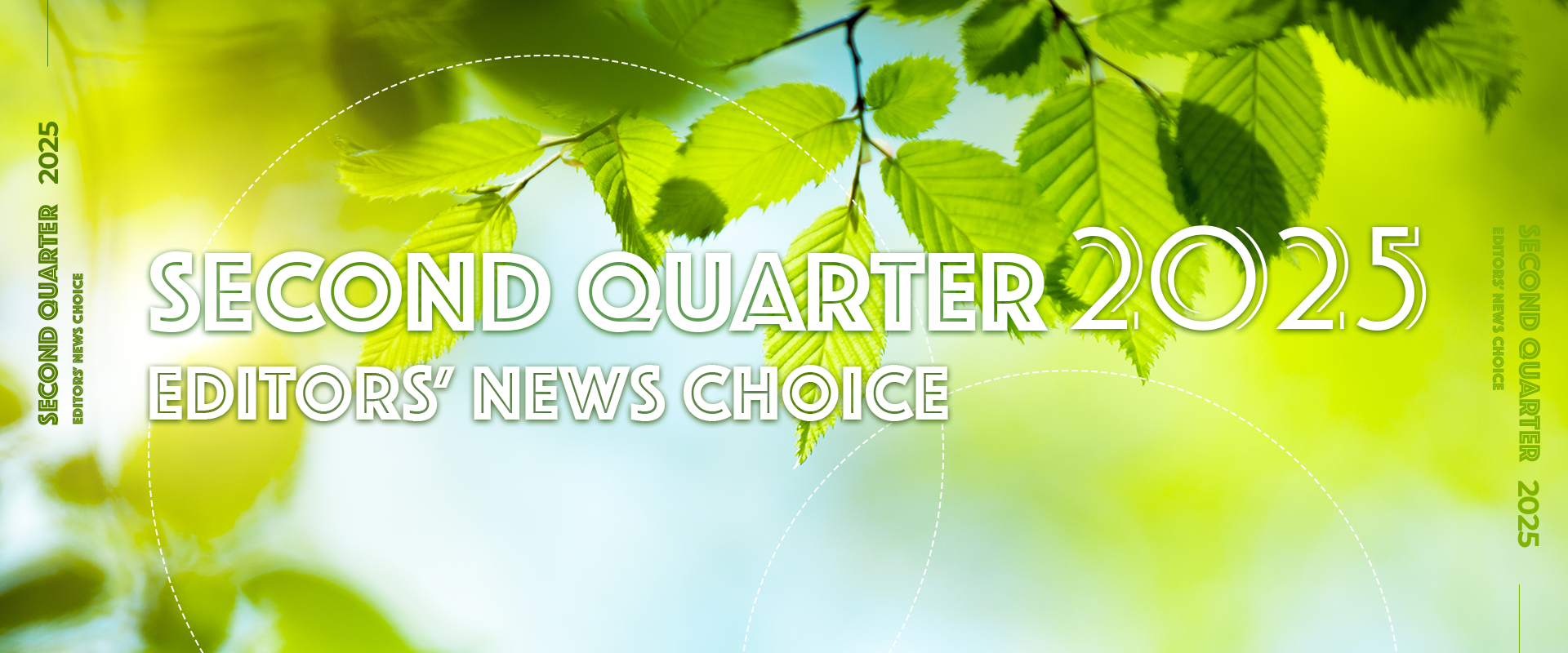

Milestone results released by the Large High Altitude Air Shower Observatory (LHAASO) on November 16 have solved a decades-old mystery about the cosmic ray energy spectrum—which shows a sharp decrease in cosmic rays above 3 PeV, giving it an unusual knee-like shape.

Scientists from the Chinese Academy of Sciences have made tremendous achievements in the third quarter of 2025.

The 5th World Congress of Biosphere Reserves will be held in Hangzhou, Zhejiang Province, from September 22 to 27, 2025, the first time the event has been staged in Asia. It is expected to be the most widely attended in the history of UNESCO’s Man and the Biosphere Programme (MAB), bringing together about 4,000 delegates from more than 150 countries and regions.

Prof. CHEN Ping's group from the Dalian Institute of Chemical Physics (DICP) of the Chinese Academy of Sciences developed a novel core-shell hydride ion electrolyte, and constructed the first rechargeable hydride ion prototype battery.

Scientists from the Chinese Academy of Sciences have made tremendous achievements in the second quarter of 2025.

A new study published in Cell on July 10 has reported the world’s fastest high-resolution three-dimensional (3D) imaging technology for the entire body of small animals at subcellular resolution, enabling efficient mapping of the fine architecture of the peripheral nervous system (PNS).

86-10-68597521 (day)
86-10-68597289 (night)

52 Sanlihe Rd., Xicheng District,
Beijing, China (100864)

